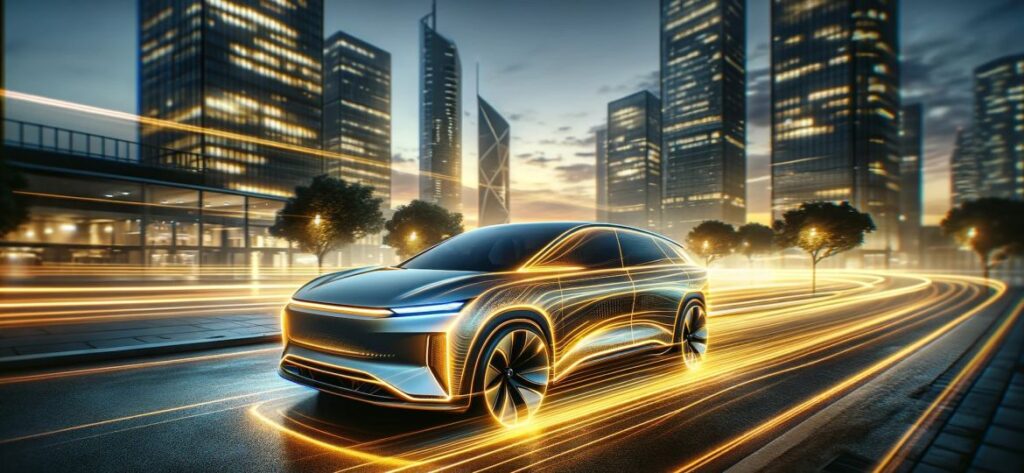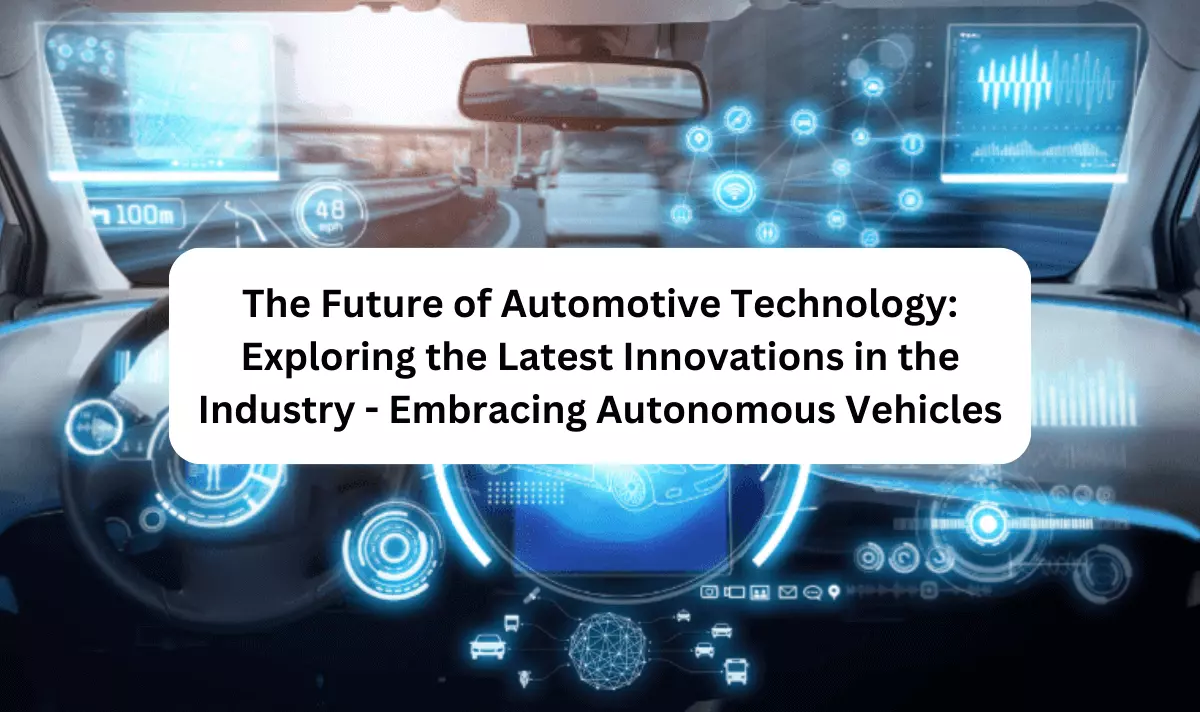The European automotive industry, a cornerstone of the continent’s economy, now finds itself at a pivotal juncture. Stricter EU climate regulations, particularly regarding CO2 emissions, have created a crisis that threatens millions of jobs and could saddle manufacturers with fines in the billions. As the industry grapples with these escalating challenges, one thing becomes increasingly clear: innovation is no longer optional—it is a necessity. In this context, the Neutrino Energy Group, with its revolutionary Pi Car project, may hold the key to not only meeting these stringent standards but also transforming the future of mobility and preserving Europe’s automotive stronghold.

Content
The Challenge: Europe’s Auto Industry Faces Crisis
At the heart of this impending crisis are the EU’s fleet emission limits (Flottengrenzwerte), which dictate the average amount of CO2 that new vehicles can emit per kilometer. By 2025, this limit will drop to 93.6 grams of CO2 per kilometer, and by 2030, it will shrink further to 49.5 grams. These reductions place immense pressure on internal combustion engine (ICE) vehicles and even many hybrids, which struggle to meet these targets.
Auto manufacturers find themselves in an impossible situation. Fines for exceeding these emission limits could reach €13 billion for passenger cars alone, not to mention the penalties awaiting manufacturers of light commercial vehicles. Unable to meet these targets through the incremental sale of electric vehicles (EVs) alone, the industry faces a grim choice: cut production—threatening millions of jobs—or absorb massive financial penalties.
The stagnation in EV adoption exacerbates this challenge. The transition to electric vehicles, while well underway, is not moving fast enough to offset the emissions from traditional combustion engines. This leaves the industry at an impasse, desperately seeking a technological breakthrough to break free from its mounting regulatory and economic pressures.
The Neutrino Energy Group: An Impetus for Innovation
Amid this turmoil, the Neutrino Energy Group has emerged as a potential savior for the automotive industry, offering a revolutionary solution with the Pi Car project. At the helm of this innovation is Holger Thorsten Schubart, CEO of Neutrino Energy Group, who has long championed the use of Neutrinovoltaic technology to fundamentally change how energy is harvested and used in transportation.
The Pi Car represents a game-changing shift in electric mobility. Rather than relying on grid-based charging infrastructure, which remains limited and expensive in many parts of Europe, the Pi Car is capable of generating its own electricity—continuously and autonomously—through the use of Neutrinovoltaic technology. This technology harnesses energy from neutrinos—invisible particles that constantly pass through us—and other forms of invisible radiation, converting them into usable electricity to power the car.
The implications are profound: no more reliance on public charging stations, no more waiting for hours to recharge a battery. With Neutrinovoltaic cells embedded in the vehicle’s structure, the Pi Car generates electricity on the go, making it a truly self-sustaining electric vehicle. This breakthrough not only meets the EU’s emission targets but also opens up a new frontier of energy autonomy in transportation.
Collaborative Expertise Driving the Pi Car
While Holger Thorsten Schubart has been the visionary force behind the Neutrino Energy Group, the success of the Pi Car project is owed to a remarkable team of international scientists and engineers.
One of the key collaborators is Dr. Vijay Bhatkar, a celebrated figure in the field of computer science and the mastermind behind India’s PARAM supercomputers. Under his leadership, C-MET Pune has been instrumental in developing the advanced materials necessary to capture and convert neutrino energy efficiently. Bhatkar’s expertise ensures that the Pi Car’s computational systems are robust enough to handle the complex interactions between neutrinos and the materials used in the vehicle’s energy system.
Dr. Rajendrakumar Sharma, another pivotal figure, leads SPEL Technologies Pvt. Ltd., India’s first and only manufacturer of supercapacitors. His research on energy storage systems—specifically supercapacitors—has ensured that the energy captured by Neutrinovoltaic cells is stored with minimal loss and maximum efficiency. This advancement is critical for the Pi Car’s performance, enabling it to store and deliver energy seamlessly, whether the car is driving or stationary.
Adding to this powerhouse team is Patel Purvesh Vishnukumar, head of Simplior Technologies, who has applied artificial intelligence (AI) to optimize the Pi Car’s energy management and propulsion systems. Through AI-driven algorithms, the vehicle adapts to varying environmental conditions and driving behaviors, ensuring that energy consumption is minimized and performance is maximized at all times.
Innovation as the Solution to Economic and Environmental Pressure
The Neutrino Energy Group and its partners have done more than just create a technological marvel—they’ve developed a comprehensive solution to both economic and environmental pressures facing Europe’s automotive industry. With the Pi Car, manufacturers have a way to comply with emissions standards while sidestepping the need for massive investment in charging infrastructure.
What makes this even more powerful is that the Neutrino Energy Group has the capital to back this innovation. With a €2.5 billion investment already dedicated to the Pi Car project, the groundwork has been laid to scale this technology for widespread adoption. This injection of funds not only accelerates the development of Pi Cars but also creates the potential for new jobs across Europe.
By investing in advanced materials, energy storage systems, and AI technologies, the Pi Car project could spark a new industrial revolution in Europe. Factories that were once at risk of closure could be transformed into hubs for high-tech production, creating thousands of jobs in fields such as nanomaterials, energy storage, and sustainable mobility.
A Paradigm Shift in Mobility and Energy
The Pi Car’s revolutionary approach to self-charging isn’t just a technological leap—it’s a paradigm shift in how we think about energy use in transportation. Current electric vehicles, while a step forward, are still tethered to a grid that is heavily reliant on traditional energy sources. The Pi Car, by contrast, represents true energy independence, tapping into invisible radiation that is abundant and free, making it one of the most sustainable energy solutions imaginable.
The implications go beyond personal vehicles. The Neutrinovoltaic technology pioneered by the Neutrino Energy Group has the potential to be integrated into public transport systems, freight, and other energy-intensive sectors. Imagine buses, or even trucks that can generate their own power, reducing their reliance on fossil fuels and cutting operating costs significantly.
For urban areas, where charging infrastructure is limited, the Pi Car offers an ideal solution. In cities where space for public chargers is scarce and charging fees are high, a vehicle that charges itself is a game-changer. The Pi Car offers drivers a seamless, cost-efficient alternative that can keep moving, regardless of access to the grid.
The Future of Transport: A Call to Action
The automotive industry is at a crossroads. The strict CO2 limits imposed by the EU are not going away, and failure to meet these targets will result in fines, factory closures, and massive job losses. But there is a way forward—one that involves embracing innovation and acting decisively to secure the future of the industry.
The Neutrino Energy Group and its Pi Car project offer a blueprint for how the automotive sector can thrive in this new regulatory environment. With sufficient capital already in place and a team of world-class scientists and engineers leading the charge, the Pi Car represents more than just a technological advancement—it is a lifeline for the industry.
The European automotive industry must now make a choice: continue down the path of fines, cutbacks, and economic decline, or embrace the opportunity for transformation presented by the Pi Car and Neutrinovoltaic technology. This is the time to set the right course, to protect hundreds of thousands of jobs, and to establish Europe as a global leader in sustainable, high-tech mobility.
The future is here—and it runs on Neutrinovoltaic.

Max isn’t your ordinary auto blogger. He’s your friendly neighborhood gearhead, here to guide you through the automotive maze. His blog is like a conversation with a buddy who’s always got the latest auto scoop.

